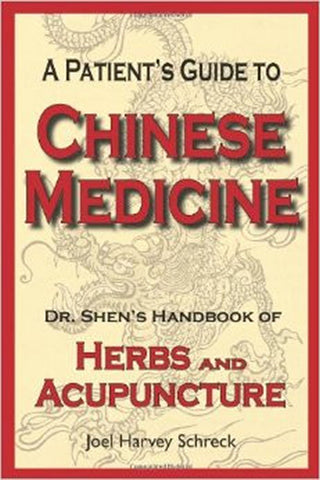What's A Food Allergy?
Many people believe they have food allergies, because they react to certain foods. But is it really an allergy that triggers their symptoms? We kknow that true allergies create antigens in the blood. But is that taste of bread or milk really filling your bloodstream with antigens? Probably not. Because most of those who believe they have a food allergy don't actually have one. What they do have is a food intolerance.
TCM practitioners know (or should know) that many of their patients who complain of allergies to wheat, gluten, soy, dairy, or whatever, are actually showing signs of food intolerances, most of which are probably related to Spleen Deficiencies. But the TCM term "Spleen" doesn't have much to do with the organ you know as your spleen.
The TCM term “Spleen” actually refers to far more. To us, the Spleen represents the intelligence governing all digestion and assimilation. A food sensitivity is, in many cases, an indication of the body's failure to properly digest or assimilate the food. In other words, a Spleen Deficiency.
Spleen disharmonies can have many causes. Organ pathology, eating habits, dietary excess, lifestyle habits, thinking patterns, or emotional tendencies can all lead to Spleen Disharmonies. Your practitioner will need to consider all this in exposing the root of your particular food sensitivity.
The Truth About Celiac Disease
True gluten intolerance is caused by Celiac Sprue.
Celiac Sprue is a disease of the small intestine marked by a flattening if the intestinal villi. It is triggered by ingestion of gluten and other wheat products. Celiac disease is considered an autoimmune disease. The cause of Celiac disease is unknown, and there is no treatment for Celiac disease other than avoiding gluten and other wheat products. The symptoms of Celiac disease include:
- Abdominal pain
- Abdominal distention, bloating, gas, indigestion
- Constipation
- Decreased or incresed appetite
- Diarrhea
- Lactose intolerance
- Nausea and vomiting
- Stools that float, are foul smelling, bloody, or “fatty”
- Unexplained weight loss
The diagnosis of Celiac disease is complex and may include:
- A complete blood count (CBC) which may show signs of anemia, or an increase in alkaline phosphatase level, or low cholesterol and albumin levels, or raised liver enzymes, or special antibodies.
- Endoscopy which will show a flattening of the villi.
- Genetic testing.
Information on this site is provided for educational purposes and is not meant to substitute for the advice of your own physician or another medical professional. We make no claim as to efficacy or safety of herbs or herbal medicine appearing on this site. Information and statements regarding dietary supplements have not been evaluated by the Food and Drug Administration and are not intended to diagnose, treat, cure or prevent any disease.




